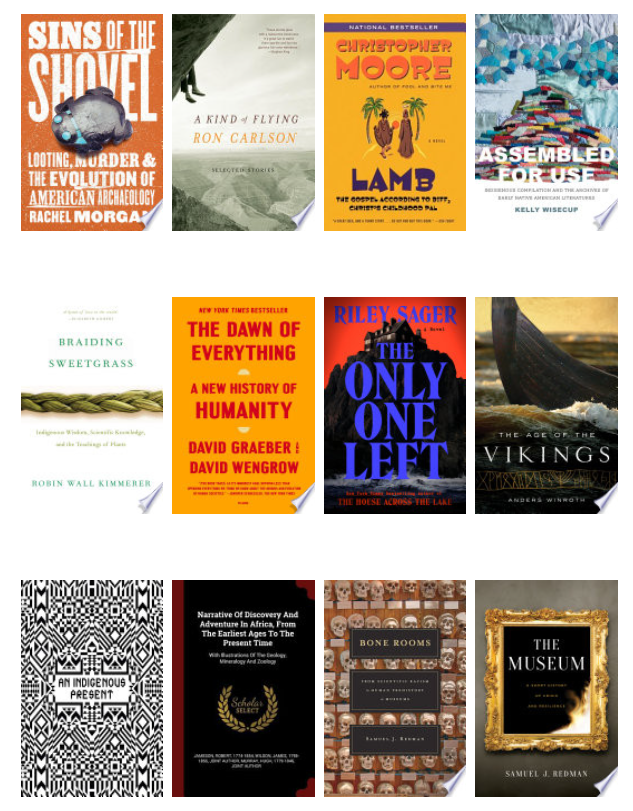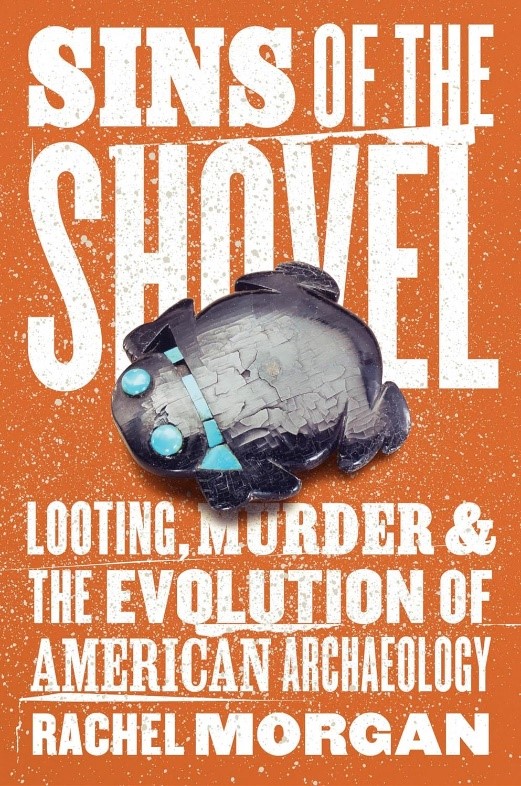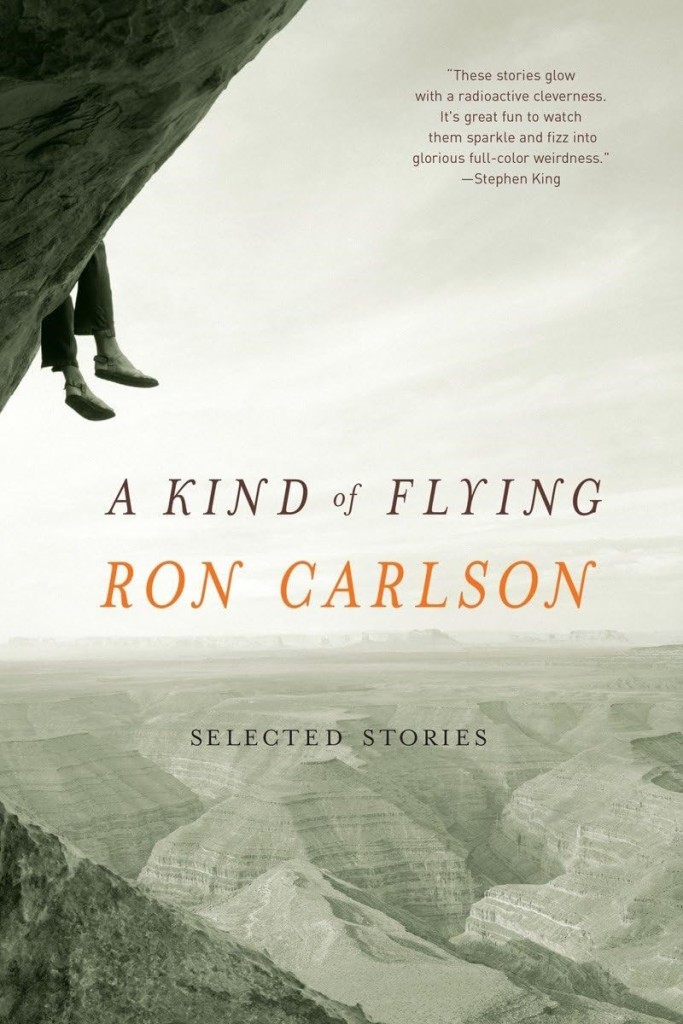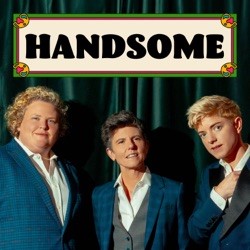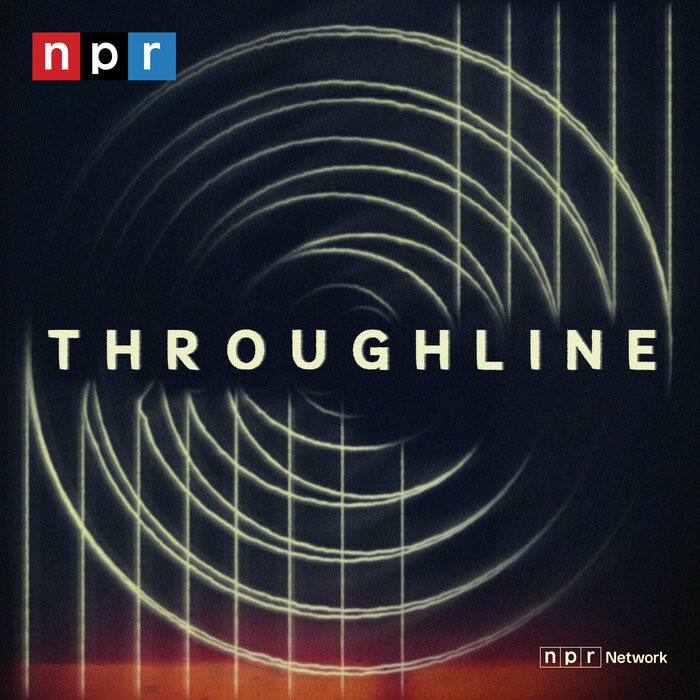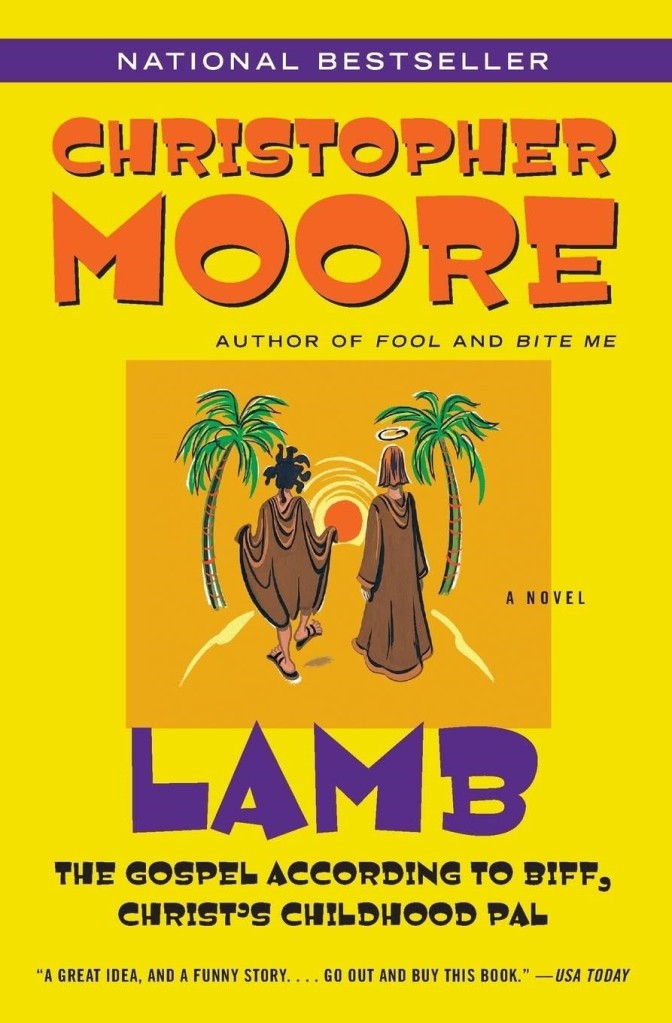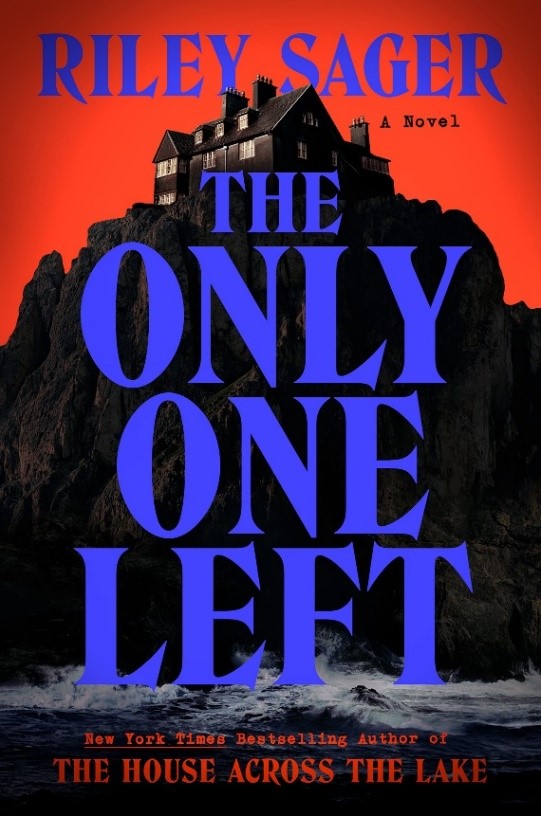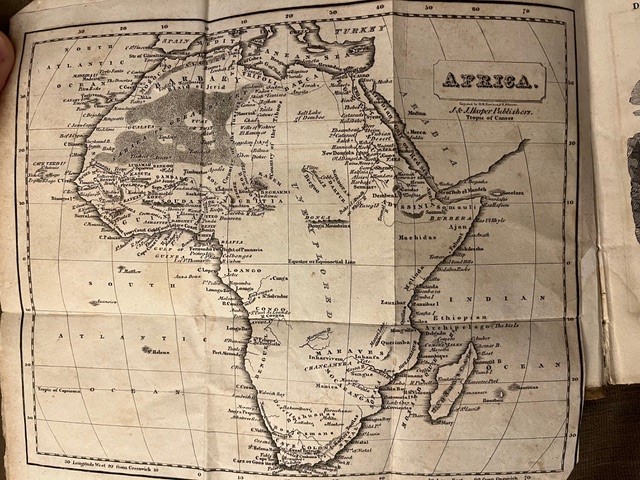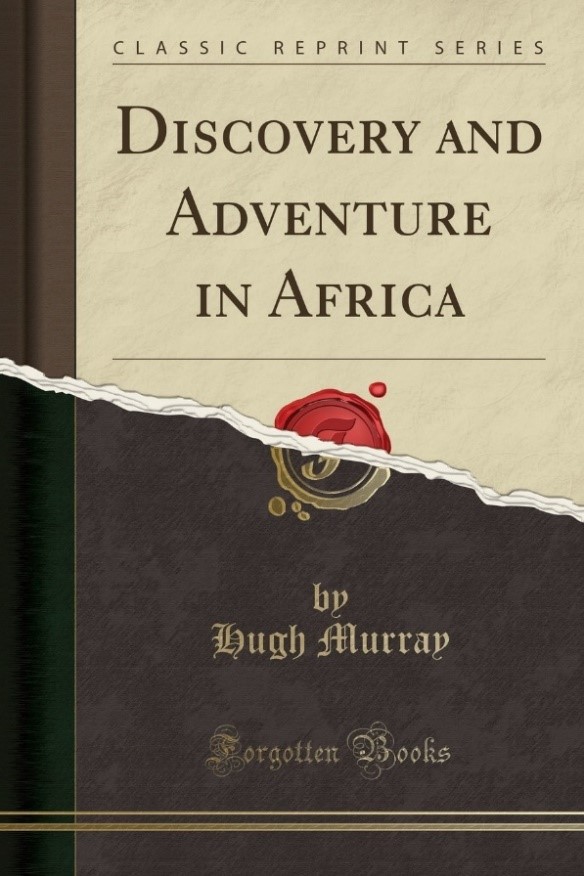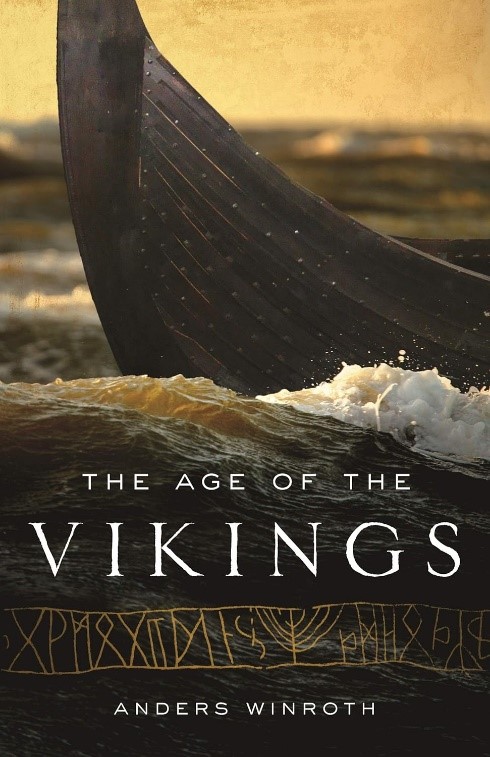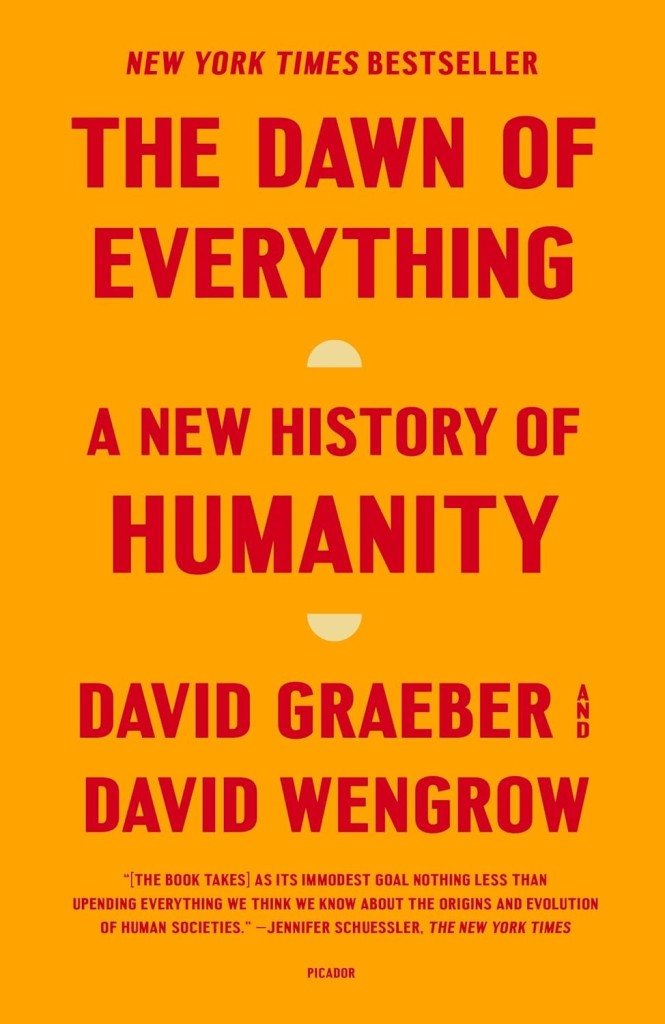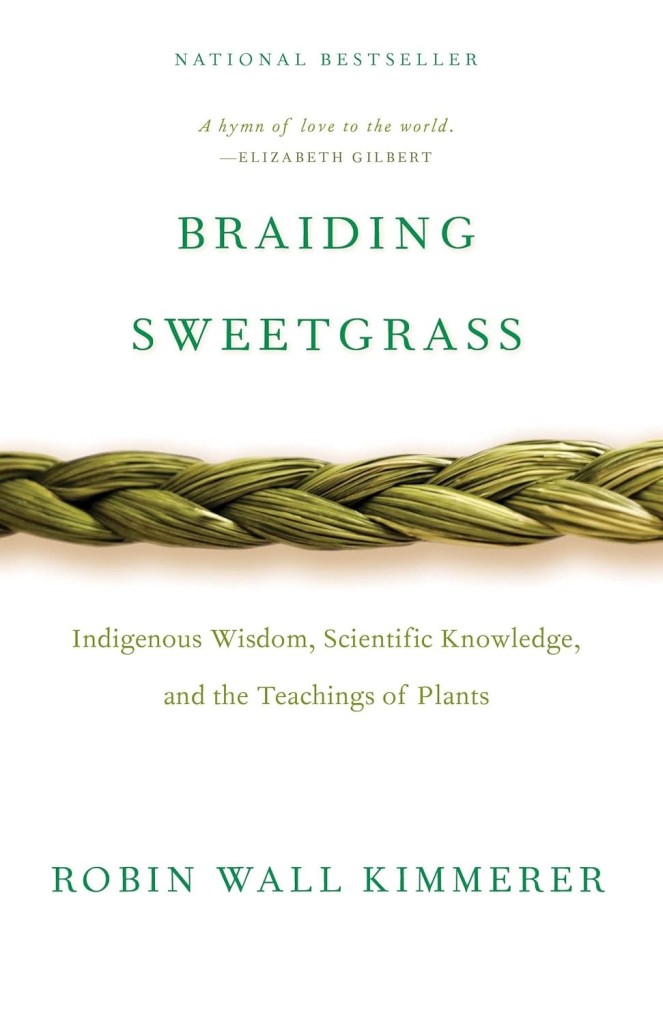Contributed by Emma Lavoie
As summer approaches and we begin to wind down from the end of another school year, we could all use a good book (or podcast) to help us relax and escape our busy lives. We’ve rounded up our staff’s “Peabody Picks” for summer and hope one of these recommendations may accompany you to the beach, on your next trip, or at home on the couch. We hope you all enjoy your summer!
Happy reading (and listening)!
Ryan Wheeler, Director – Sins of the Shovel: Looting, Murder, and the Evolution of American Archaeology by Rachel Morgan
American archaeology was forever scarred by an 1893 business proposition between cowboy-turned-excavator Richard Wetherill and socialites-turned-antiquarians Fred and Talbot Hyde. Wetherill had stumbled upon Mesa Verde’s spectacular cliff dwellings and started selling artifacts, but with the Hydes’ money behind him, well—there’s no telling what they might discover. Thus begins the Hyde Exploring Expedition, a nine-year venture into Utah’s Grand Gulch and New Mexico’s Chaco Canyon that—coupled with other less-restrained looters—so devastates Indigenous cultural sites across the American Southwest that Congress passes first-of-their-kind regulations to stop the carnage. As the money dries up, tensions rise, and a once-profitable enterprise disintegrates, setting the stage for a tragic murder.
Sins of the Shovel is a story of adventure and business gone wrong and how archaeologists today grapple with this complex heritage. Through the story of the Hyde Exploring Expedition, practicing archaeologist Rachel Morgan uncovers the uncomfortable links between commodity culture, contemporary ethics, and the broader political forces that perpetuate destructive behavior today. The result is an unsparing and even-handed assessment of American archaeology’s sins, past and present, and how the field is working toward atonement.
“An incisive history of early American archaeology—from reckless looting to professional science—and the field’s unfinished efforts to make amends today, told “with passion, indignation, and a dash of suspense.” –New York Times
Richard Davis, Peabody Volunteer – A Kind of Flying: Selected Stories by Ron Carlson
Ron Carlson’s stories, sometimes wicked or bittersweet, often zany, are rich with a hard-earned hopefulness frequently absent in contemporary fiction. In this generous gathering from collections no longer available, longtime fans and new readers alike can savor the development of a master of idiosyncrasy.
Properly celebrated for his range, Carlson offers us a rural sheriff who’s wary of UFOs (“Phenomena”), a lawyer on a mission in remote Alaska (“Blazo”), a baseball player turned killer-by-accident (“Zanduce at Second”), and a man accusing Bigfoot of stealing his wife, followed by Bigfoot’s incomparable response.
.“These stories are full of surprises, jolts, and lightning strikes of recognition. Do yourself a favor and read Ron Carlson.” –Stephen King
John Bergman-McCool, Collections Coordinator – Podcasts: Handsome and Throughline from NPR
Handsome is a podcast from comedians Tig Notaro, Fortune Feimster, and Mae Martin. Every week, the handsome hosts field a question from a friend and attempt to answer it together, covering every subject you could think of. Along the way, Tig, Fortune, and Mae tell plenty of stories and just generally have a ridiculous time.
Throughline is a time machine. Each episode, we travel beyond the headlines to answer the question, “How did we get here?” We use sound and stories to bring history to life and put you into the middle of it. From ancient civilizations to forgotten figures, we take you directly to the moments that shaped our world. Throughline is hosted by Peabody Award-winning journalists Rund Abdelfatah and Ramtin Arablouei.
Marla Taylor, Curator of Collections – Lamb: The Gospel According to Biff, Christ’s Childhood Pal by Christopher Moore
Marla – Sometimes I like to revisit favorite books that I have read in the past. Lamb by Christopher Moore is one of those books for me. The full title is Lamb: The Gospel According to Biff, Christ’s Childhood Pal.
Moore tells the story of a very human Joshua (Jesus) and his best friend/protector, Biff, as they explore their world and learn about themselves. Joshua can’t sin, so Biff has to do it all for him with some delightful and unexpected encounters. This book is irreverent and hilarious – it makes me laugh every time.
But Lamb is also so much more than that. It is a deeply sentimental story about friendship, an exploration of faith, and something that has stuck with me over the years. I really enjoy reading it periodically and hope you find the time to read it as well.
“An instant classic…terrific, funny, and poignant.” –Rocky Mountain News
Emma Lavoie, Administrative Assistant – The Only One Left by Riley Sager
At seventeen, Lenora Hope, Hung her sister with a rope – Now reduced to a schoolyard chant, the Hope family murders shocked the Maine coast one bloody night in 1929. While most people assume seventeen-year-old Lenora was responsible, the police were never able to prove it. Other than her denial after the killings, she has never spoken publicly about that night, nor has she set foot outside Hope’s End, the cliffside mansion where the massacre occurred.
Stabbed her father with a knife, Took her mother’s happy life – It’s now 1983, and home-health aide Kit McDeere arrives at a decaying Hope’s End to care for Lenora after her previous nurse fled in the middle of the night. In her seventies and confined to a wheelchair, Lenora was rendered mute by a series of strokes and can only communicate with Kit by tapping out sentences on an old typewriter. One night, Lenora uses it to make a tantalizing offer—I want to tell you everything.
“It wasn’t me,” Lenora said, But she’s the only one not dead.
“Propulsive … a dizzying Gothic whodunit.” –New York Times Book Review
Michael Agostino, Peabody Volunteer – Discovery and Adventure in Africa by James Wilson Jameson and Hugh Murray
Mike – I like old books. Really old books. Old books which have sat on shelves for many years, sometimes read cover to cover, sometimes ignored and gathering dust. Passed down, sold, and exchanged, they end up in a bookstore that I manage to find while on vacation. I have been lucky enough to come across science books published in the late 1800’s and own four Darwins from that time period. No, these are not first edition collector’s items valued at thousands of dollars. I believe the most I ever spent was $30! They must be in good shape for me to buy them, but often show their age. I don’t mind these flaws as it adds to the character I am seeking.
One year I purchased a very old book, “Discovery and Adventure in Africa,” printed in 1832. According to the writing inside the jacket, I spent $5. It is very fragile, yellow with age, and I must be careful when I open it and turn the pages. But what a find! It is number 16 of a 71 book series called “Harper’s Family Library.” It is written by two men who appear to be professors of history and they are recounting the travels and discovery of other Europeans in Africa. It contains a number of illustrations (“engravings”) which try to capture what the explorers are seeing. The real gem of the book is a 9” x 8” fold-out map of Africa. This map reflects the European knowledge of that era as numerous features appear on the edges of the continent but much of the interior is blank.
This 4” by 6” book is a tough read as the text is tiny. But the style is very colorful, common in old writing. Explorers and their teams died frequently in their travels. In this case, almost every explorer came down with high fevers and were ill for weeks. But many recovered to continue months of travel marked with deteriorating resources and energy. They were met by kindness, distrust, help, violence, and puzzlement. The people they met varied in apparent wealth. Many led simple lives while others were the local kings and queens. Some villages contained dozens of inhabitants, while cities had populations in the thousands. Since the descriptions are second and even third-hand, it is hard to decide how accurate the accounts are. But even with that in mind, the window back in time is still interesting and I am enjoying reading about the various cultures the explorers encountered.
Given its age, I was lucky to find this book on a store shelf. But you can find it for sale on the web as you can for almost anything. For me, the hunt continues and if I’m lucky I will find another volume of this great series of books.
“This work has been selected by scholars as being culturally important, and is part of the knowledge base of civilization as we know it.” –Wentworth Press
Nick Andrusin, Temporary Educator and Collections Assistant – The Age of the Vikings by Anders Winroth
The Vikings maintain their grip on our imagination, but their image is too often distorted by myth. It is true that they pillaged, looted, and enslaved. But they also settled peacefully and traveled far from their homelands in swift and sturdy ships to explore. The Age of the Vikings tells the full story of this exciting period in history. Drawing on a wealth of written, visual, and archaeological evidence, Anders Winroth captures the innovation and pure daring of the Vikings without glossing over their destructive heritage. He not only explains the Viking attacks, but also looks at Viking endeavors in commerce, politics, discovery, and colonization, and reveals how Viking arts, literature, and religious thought evolved in ways unequaled in the rest of Europe. The Age of the Vikings sheds new light on the complex society, culture, and legacy of these legendary seafarers.
“[Winroth] has an impressive knowledge of the sources, the archaeology, and the modern historical literature. . . . Winroth really knows what he is writing about, and has done the research. . . . I recommend the work to anyone with little knowledge of the subject and a wish to learn more.” –New York Review of Books
Cyrus Marion, Curatorial Assistant – The Dawn of Everything: A New History of Humanity by David Graeber and David Wengrow
A dramatically new understanding of human history, challenging our most fundamental assumptions about social evolution―from the development of agriculture and cities to the origins of the state, democracy, and inequality―and revealing new possibilities for human emancipation.
Drawing on pathbreaking research in archaeology and anthropology, Graeber and Wengrow reveal how history becomes a far more interesting place once we learn to throw off our conceptual blinders and perceive what’s really there. If humans did not spend 95 percent of their evolutionary past in tiny bands of hunter-gatherers, what were they doing during all that time? If agriculture and cities did not mean a plunge into hierarchy and domination, then what kinds of social and economic organizations did they lead to? The answers are often unexpected, and suggest that the course of human history may be less set in stone, and more open to playful, hopeful possibilities, than we tend to assume.
Cyrus – Pay special attention to those footnotes! You do not want to pass those up in your reading.
“[The book takes] as its immodest goal nothing less than upending everything we think we know about the origins and evolution of human societies.” –The New York Times
Kyra Smith, Curatorial Assistant – Braiding Sweetgrass: Indigenous Wisdom, Scientific Knowledge, and the Teachings of Plants by Robin Wall Kimmerer
As a botanist, Robin Wall Kimmerer has been trained to ask questions of nature with the tools of science. As a member of the Citizen Potawatomi Nation, she embraces the notion that plants and animals are our oldest teachers. Drawing on her life as an indigenous scientist, and as a woman, Kimmerer shows how other living beings―asters and goldenrod, strawberries and squash, salamanders, algae, and sweetgrass―offer us gifts and lessons, even if we’ve forgotten how to hear their voices. In reflections that range from the creation of Turtle Island to the forces that threaten its flourishing today, she circles toward a central argument: that the awakening of ecological consciousness requires the acknowledgment and celebration of our reciprocal relationship with the rest of the living world. For only when we can hear the languages of other beings will we be capable of understanding the generosity of the earth, and learn to give our own gifts in return.
“Robin Wall Kimmerer has written an extraordinary book, showing how the factual, objective approach of science can be enriched by the ancient knowledge of the indigenous people. It is the way she captures beauty that I love the most—the images of giant cedars and wild strawberries, a forest in the rain and a meadow of fragrant sweetgrass will stay with you long after you read the last page” –Jane Goodall
Additional reading recommendations from our Peabody Staff
- An Indigenous Present by Jeffrey Gibson, Philip J. Deloria, and others (2023).
- Assembled for Use: Indigenous Compilation and the Archives of Early Native American Literatures by Kelly Wisecup (2021).
- Bone Rooms: From Scientific Racism to Human Prehistory in Museumsby Samuel J. Redman (2016).
- Dracula by Bram Stoker (1897).
- Magic: A History: From Alchemy to Witchcraft form the Ice Age to the Present by Chris Gosden (2020).
- Prophets and Ghosts: The Story of Salvage Anthropology by Samuel J. Redman (2021).
- The Ghost Clubby Kate Winkler Dawson (2023). *A Penguin Audiobook Original
- The Locked Tomb Seriesby Tamsyn Muir (2019).
- The Museum: A Short History of Crisis and Resilienceby Samuel J. Redman (2022).
- The Romance of Reunion: Northerners and the South, 1865-1900 by Nina Silber (1997).

